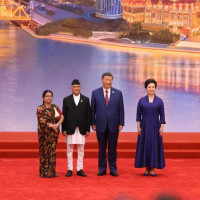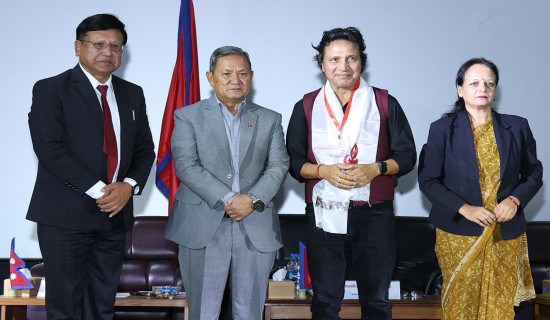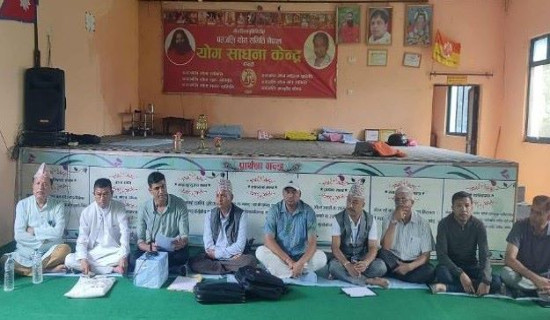- Monday, 1 September 2025
Hammer The Heart
Bidikshan Soni
I just finished The Sorrows of Young Werther, and I must certainly admit that I’m no longer the same person I was when I first sat down to read it. A cold misery, like never before, has seeped into my heart. It feels as if an icy dagger has been thrust into my chest and left there to twist with every breath I take. Everything around me appears sad and lonely. Even my once-luminous ceiling now seems dim, as though it were on the verge of crumbling upon my tearing heart.
I wonder, with the pain intensifying within me, at the image of Werther. My heart reels around his obsession, his agonizing collapse, and the heart-wrenching letters he wrote to his beloved Charlotte, for whom he feverishly lived. Everything, all of these, strikes my heart like a hammer whose swinging only I can hear. I wonder, strangely, almost terrifyingly, while I bear the crushing pain of that hammer in my heart, how desolate and lonely great literature can be to one’s soul.
And perhaps that is the whole point: to leave one’s soul wretched, to disturb its stillness, as if the purpose of existence is not to remain untouched, calm, or whole, but to be shaken, undone, and made aware of its own depths through suffering and unrest. As Kafka, that great genius of unrest, once said, “A book must be the axe for the frozen sea within us.” And isn’t that what life itself becomes; a relentless axe, not of wood and steel, but of time and loss and love, striking the ice we mistook for peace, until it fractures, until the buried river of ourselves begins to roar again. Literature should crawl inside us, claw at the tender place where our feelings lie unguarded, where sorrow and beauty tangle, and sit heavy in the heart like grief with no cure but to feel, deeply, unbearably, and without defence. I believe it should strike the heart not to wound, but to awaken, until something long-silent begins to stir and speak.
Werther’s pain, his madness, his longing, his slow, poetic self-destruction; they are not distant elements to be studied but mirrors in which we might catch glimpses of ourselves. There’s something hauntingly universal in his despair, something that resonates with the parts of us we don’t speak of. We may not share his fate, but we understand that fevered ache for love, for meaning, for something unreachable. His end is tragic, yes, but it is also deeply human.
Reading this book was like opening a wound I didn’t know I had. I could almost hear my own pulse echoing through the pages, as if the book itself had become a second heart; one that beat with sorrow instead of blood. And maybe that’s the magic of such writing: it breaks us just enough to remind us we are alive.
Let literature hurt. Let it make us miserable. Let it stir things we’d rather keep buried. For only then, perhaps, do we know we’ve truly read. Not skimmed. Not studied. But read—in the raw, unguarded way a soul recognises itself in another’s ruin. And maybe, after the last page has been turned, we emerge a little changed—splintered, perhaps, but more open. More human!




-square-thumb.jpg)

-original-thumb.jpg)










